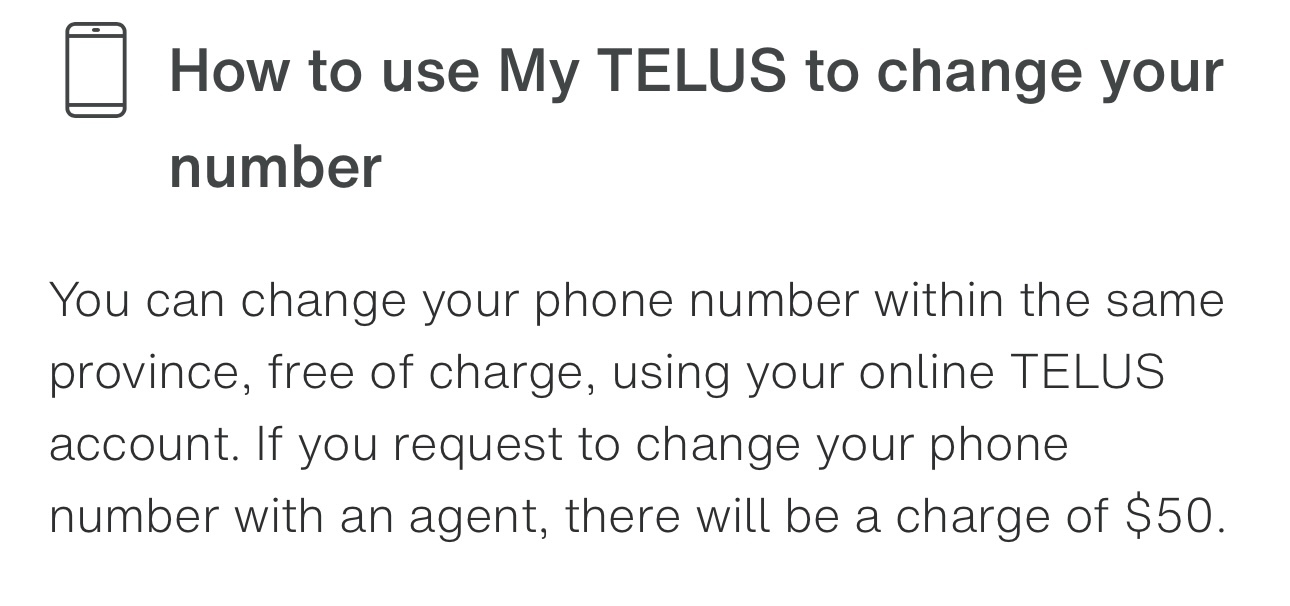Why doesn’t every computer have 256 char domain name, along with a private key to prove it is the sole owner of the address?
Edits: For those technically inclined: Stuff like DHCP seems unnecessary if every device has a serial number based address that’s known not to collide. It seems way more simple and faster than leasing dynamic addresses. On top of that with VOIP I can get phone calls even without cell service, even behind a NAT. Why is the network designed in such a way where that is possible, but I can’t buy a static address that will persist across networks endpoint changes (e.g. laptop connecting to a new unconfigured wifi connection) such that I can initiate a connection to my laptop while it is behind a NAT.
- Yes, it would be a privacy nightmare, I want to know why it didnt turn out that way
- When I say phone number, I mean including area/country code
- AFAIK IP addresses (even static public ones) are not equivlent to phone numbers. I don’t get a new phone number every time I connect to a new cell tower. Even if a static IP is assigned to a device, my understanding is that connecting the device to a new uncontrolled WiFi, especially a router with a NAT, will make it so that people who try to connect to the static IP will simply fail.
- No, MAC addresses are not equivalent phone numbers. 1. Phone numbers have one unique owner, MAC addresses can have many owners because they can be changed at any time to any thing on most laptops. 2. A message can’t be sent directly to a MAC address in the same way as a phone number
- Yes, IMEI is unique, but my laptop doesn’t have one and even if it did its not the same as an eSim or sim card. We can send a message to an activated Sim, we can’t send a message to an IMEI or serial number


Isn’t that what a MAC address is? There is a few ways to ch age it unless that’s been fixed iirc.
You will always be able to spoof your MAC address if needed. I don’t see the standard ever changing enough to prevent that.
Though the same is true for phone numbers
You can’t spoof phone numbers on competent telco networks. It’s not that difficult to filter out faked display headers and refuse to set up the call if your outgoing phone number doesn’t match any number on your account, the same way an ISP could filter out outgoing traffic that isn’t sourced from one of their subscribers to block DDoS.
In practice, very few telcos seem to care. This seems to be particularly problematic in the USA from what I can tell. However, this is all because of a lack of implementation of basic features for whoever is providing outbound calls, the same way DNS amplification attacks are possible because ISPs don’t bother doing basic traffic filtering.
I don’t think that’s something that needs to be fixed. Your phone (and probably your computer) can randomize its MAC address every time it connects to a new WiFi to make it harder to track you.
I’m shocked this answer has so many upvotes. No, a MAC address is not close to a phone number. No two people have the same phone number, and I can’t just edit my phone number to be someone else’s number.
https://en.m.wikipedia.org/wiki/MAC_address
You ask a “no stupid” question then try to call out an answer? Bold move cotton.
Sure you can change your phone number, it’s called spoofing, or just call your provider and get a new one, sometimes they charge sometimes they don’t. So why are you claiming it’s not possible?
People have the same phone numbers, that’s why area codes exist, that’s kinda the same thing as a provider and a MAC address, no…?
Edit well then.
Fair, I could have said fully qualified number, including country code.
And also fair, instead of saying a MAC could be edited, I should’ve said each phone number has one global owner, while each MAC address could have many owners.
Corrections have been made 👍
You can share SIMs between multiple phones quite easily, actually. You can also have entire call centers behind one single phone number. The only unique identifier for a handset carrying a particular call would be its IMEI (though multi SIM phones have multiple IMEIs) and even that is just a number that can be faked on some modems.
You can also trivially spoof your phone number in most countries through basic SIP configuration. Someone with basic knowledge of phone numbers can call you with your own number as the calling party and there’s very little you can do to stop them.
Not quite. IMEIs are unique to hardware. IMSIs are unique to SIMs
IMSIs are a bit weird since the introduction of 5G, to combat illegal IMSI catchers. The identifiers remain, but they’re not used directly anymore, like a MAC or IP address would be.
SIMs can be swapped between devices so I don’t really see them as device identifiers. I suppose SIMs are hardware too, unless you’re using eSIM.